Cognitive profiles of children with autism spectrum disorder with parent-reported extraordinary talents and personal strengths
Por um escritor misterioso
Last updated 30 março 2025

The relationship between parent-reported talents and strengths and performance on standardized cognitive tests in 1470 children from the Simons Simplex Collection with autism and IQ above 70 is examined, highlighting the importance of exploring strengths separately by domain and a need for more research in this area. It is essential to recognize the strengths and talents of autistic individuals. Previous studies of extraordinary talents (i.e. skills that stand out relative to the general population) have combined individuals with different skills (e.g. calendrical calculation, drawing) into one group. There has been limited investigation of talents in specific areas and even less consideration of personal strengths (i.e. skills that stand out relative to that person’s other abilities, but not the general population). We extend this literature by examining the relationship between parent-reported talents and strengths and performance on standardized cognitive tests in 1470 children (4–18 years) from the Simons Simplex Collection with autism and IQ above 70. Almost half (46%) had at least one parent-reported talent and an additional 23% without extraordinary talents had at least one personal strength. Children with parent-reported talents and strengths had different cognitive profiles than children with no reported skill in visuospatial, drawing, computation, or music. Those highlighted for their memory abilities had somewhat more even verbal and nonverbal abilities, relative to children whose memory was not emphasized as a special skill. These results emphasize the importance of exploring strengths separately by domain and a need for more research in this area. Lay abstract Previous research has suggested that focusing on impairments can be detrimental to the well-being of autistic individuals, yet little research has focused on strengths and positive qualities in autism. Some studies explored “savant skills” (herein referred to as “extraordinary talents”), that is, skills that stand out compared to the general population. These often group everyone who has a specific talent, rather than exploring subgroups with strengths in specific areas. There has been even less research focused on personal strengths (i.e. skills that stand out relative to the individual’s other abilities, but not the general population). To expand this research, we use a sample of 1470 children (ages 4–18 years) from the Simons Simplex Collection without cognitive impairment to examine the relationship between having a parent-reported skill in a specific area and performance on a standardized cognitive test. Almost half (46%) had at least one parent-reported talent and an additional 23% without extraordinary talents had at least one personal strength. Children with these parent-reported skills had different patterns of performance on these standardized tests than children without skills in that area (i.e. visuospatial, drawing, computation, reading, and memory). Specific skills in computation or reading were associated with higher overall performance on the standardized tests. These results emphasize the importance of considering strengths separately by area, rather than combining individuals with different types of strengths. The high number of children with skills in this study underscores the need for more research in this area, particularly using instruments focused on understanding the nuances of these strengths. It is important for future studies to consider these skills in children with cognitive impairment.
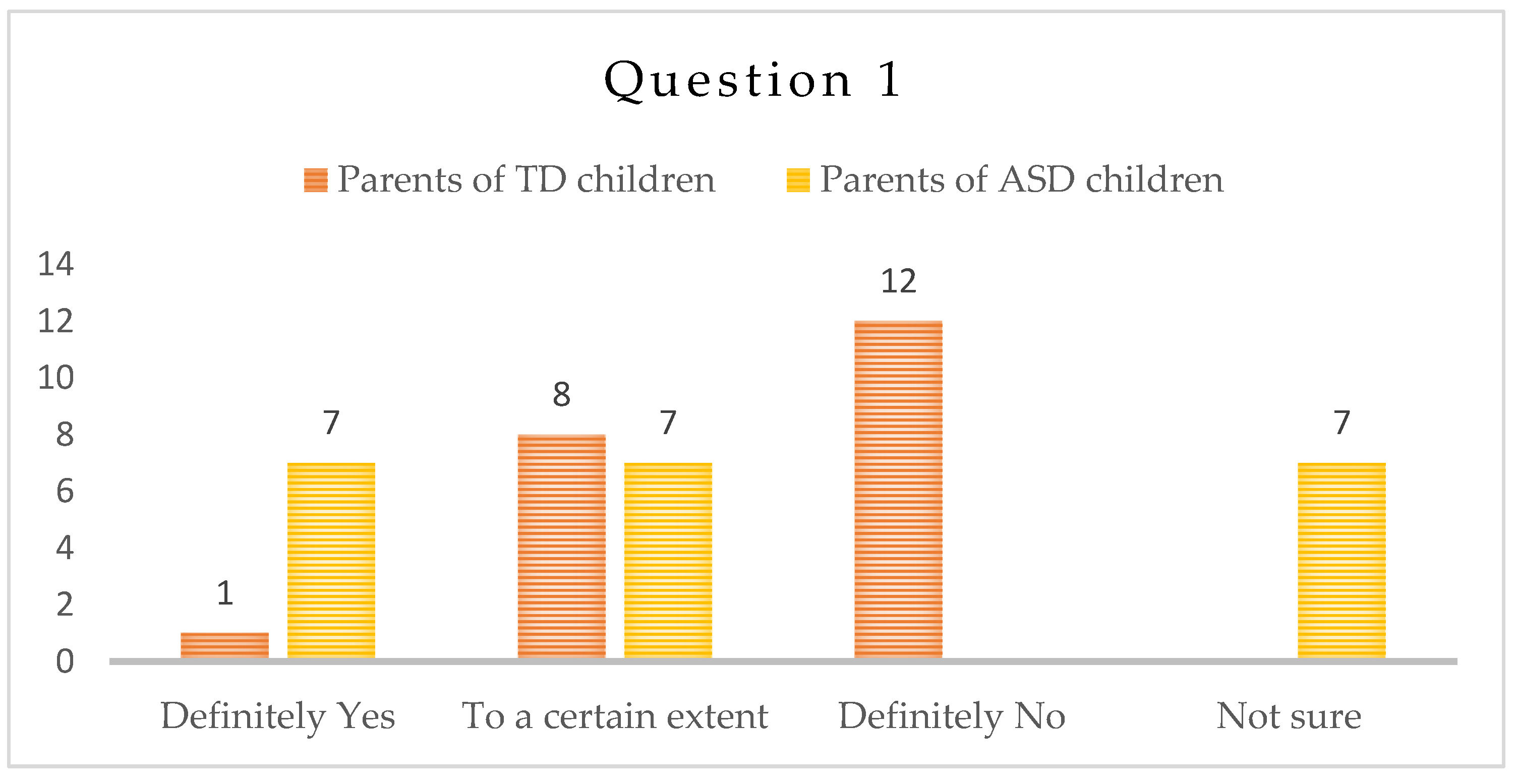
Children, Free Full-Text
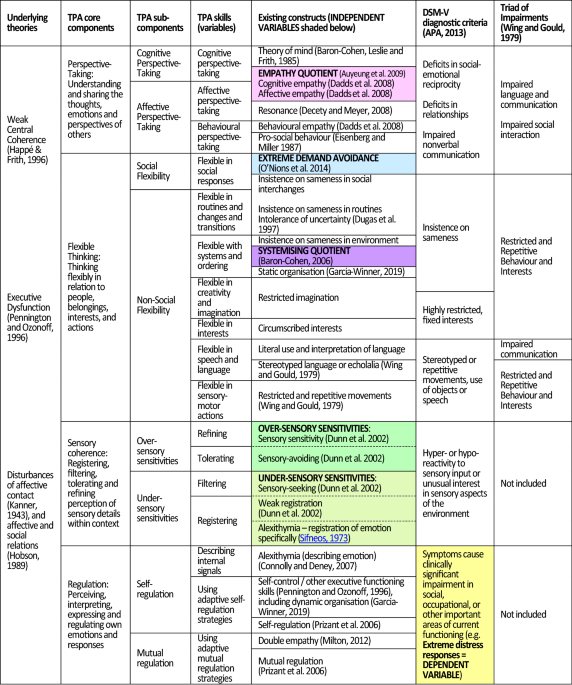
Underlying Thinking Pattern Profiles Predict Parent-Reported Distress Responses in Autism Spectrum Disorder

Savant skills in autism: psychometric approaches and parental reports Philosophical Transactions of the Royal Society B: Biological Sciences

Cognitive profiles of children with autism spectrum disorder with parent-reported extraordinary talents and personal strengths
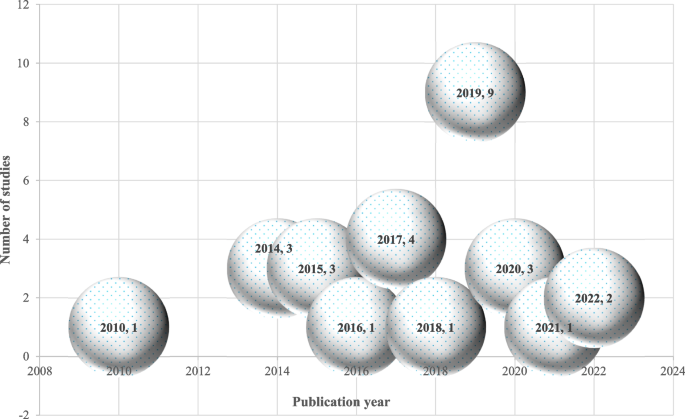
Features and effects of computer-based games on cognitive impairments in children with autism spectrum disorder: an evidence-based systematic literature review, BMC Psychiatry

This Is What Children with Asperger's Syndrome Wish You Knew - AngelSense
Association of genes with phenotype in autism spectrum disorder

PDF) What aspects of autism predispose to talent?
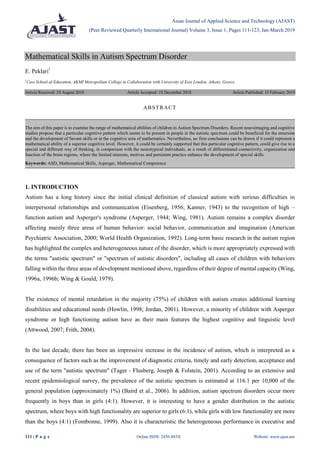
Mathematical Skills in Autism Spectrum Disorder
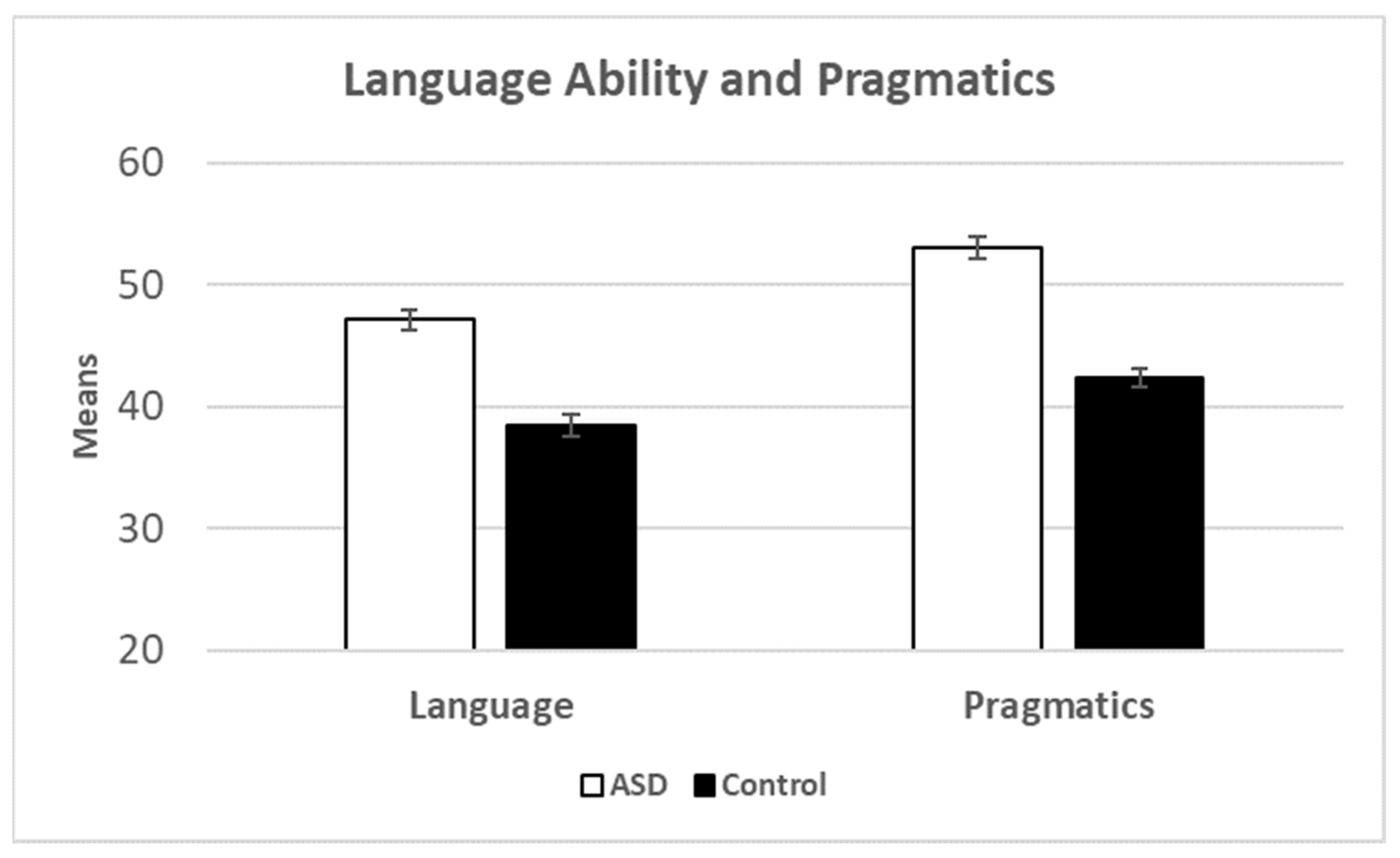
Brain Sciences, Free Full-Text
Full article: Neuropsychological assessment in autism spectrum disorder and related conditions
Recomendado para você
-
 Vento Aureo - JoJo's Bizarre Encyclopedia30 março 2025
Vento Aureo - JoJo's Bizarre Encyclopedia30 março 2025 -
 Read Manga I Can Copy Talents - Chapter 5630 março 2025
Read Manga I Can Copy Talents - Chapter 5630 março 2025 -
 I Can Copy Talents - Chapter 4730 março 2025
I Can Copy Talents - Chapter 4730 março 2025 -
 Philadelphia French Movie Poster Original 47"63" 1993 Demme Hanks Washington30 março 2025
Philadelphia French Movie Poster Original 47"63" 1993 Demme Hanks Washington30 março 2025 -
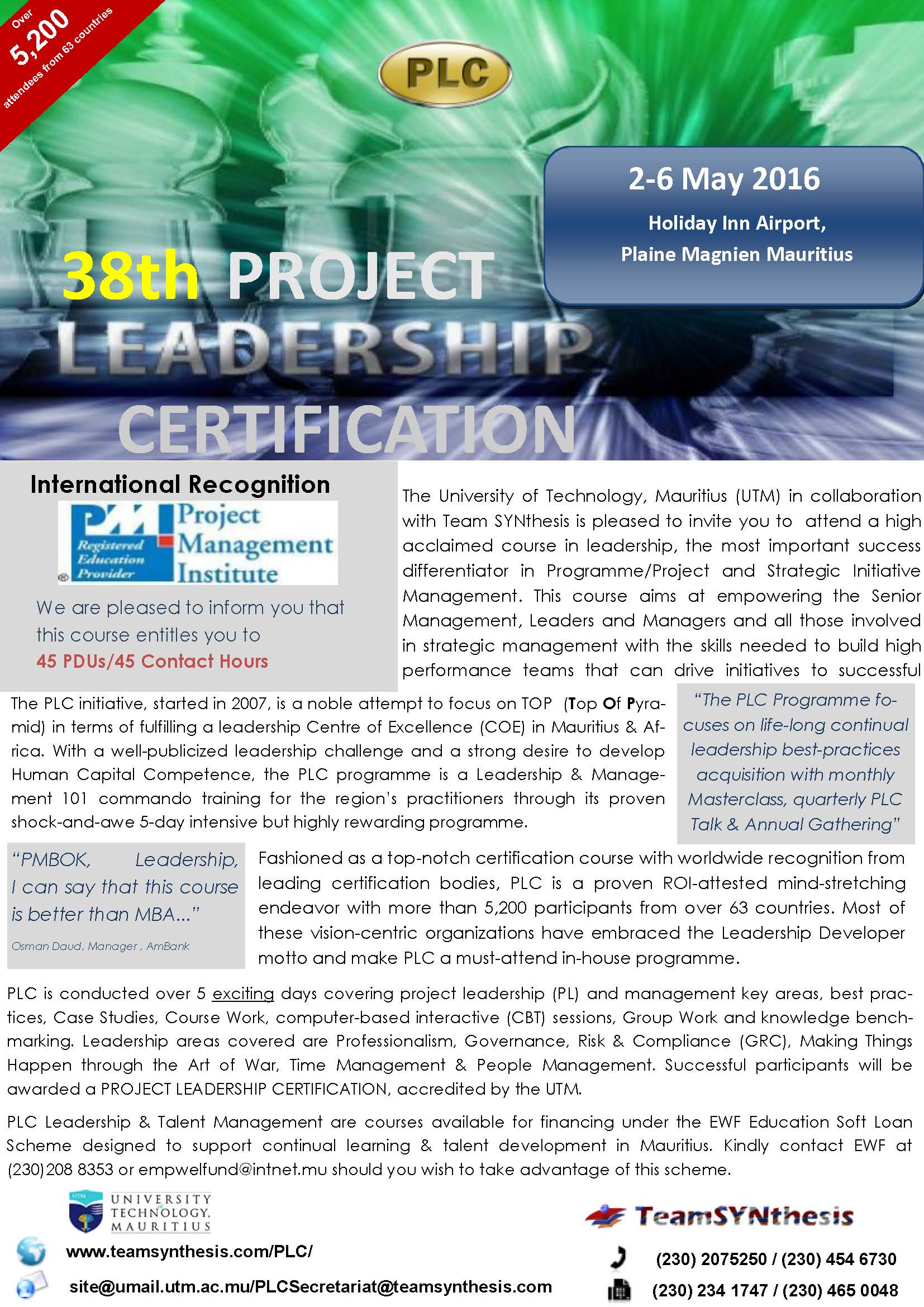 PLC Portal30 março 2025
PLC Portal30 março 2025 -
 I Can Copy Talents - Chapter 2730 março 2025
I Can Copy Talents - Chapter 2730 março 2025 -
 Supply Chain Needs To Say Goodbye To The Good Old Boy's Club30 março 2025
Supply Chain Needs To Say Goodbye To The Good Old Boy's Club30 março 2025 -
Beeper Mini Returns to Google Play Store30 março 2025
-
 I Can Copy Talents - Chapter 2830 março 2025
I Can Copy Talents - Chapter 2830 março 2025 -
 I Can Copy Talents - Chapter 3730 março 2025
I Can Copy Talents - Chapter 3730 março 2025
você pode gostar
-
 Orquidário de Santos promove oficina e exposição de roupas de boneca no sábado30 março 2025
Orquidário de Santos promove oficina e exposição de roupas de boneca no sábado30 março 2025 -
NEW]👮 Prison Roleplay - Roblox30 março 2025
-
 Update 11 Featuring Shadows of the Hist is Now Available on PC & Mac! - The Elder Scrolls Online30 março 2025
Update 11 Featuring Shadows of the Hist is Now Available on PC & Mac! - The Elder Scrolls Online30 março 2025 -
 Top 10 Best Poki Games to Play for Free Online in 202330 março 2025
Top 10 Best Poki Games to Play for Free Online in 202330 março 2025 -
 Xbox-Benz126 - Hobbyist, Digital Artist30 março 2025
Xbox-Benz126 - Hobbyist, Digital Artist30 março 2025 -
Purrmaids #1: The Scaredy Cat Penguin Random House Elementary30 março 2025
-
 Umberto Eco: Search for the Perfect Language30 março 2025
Umberto Eco: Search for the Perfect Language30 março 2025 -
 Truck Parking near me - BIR Storage for Trucks and Trailers30 março 2025
Truck Parking near me - BIR Storage for Trucks and Trailers30 março 2025 -
 Metal Sonic in Sonic the Hedgehog 3 & Knuckles - Sonic Retro30 março 2025
Metal Sonic in Sonic the Hedgehog 3 & Knuckles - Sonic Retro30 março 2025 -
 72 Pizza Trivia Questions and Fun Facts30 março 2025
72 Pizza Trivia Questions and Fun Facts30 março 2025
![NEW]👮 Prison Roleplay - Roblox](https://tr.rbxcdn.com/18e2b63fe72e629ef8df98404e3ee666/500/280/Image/Jpeg)